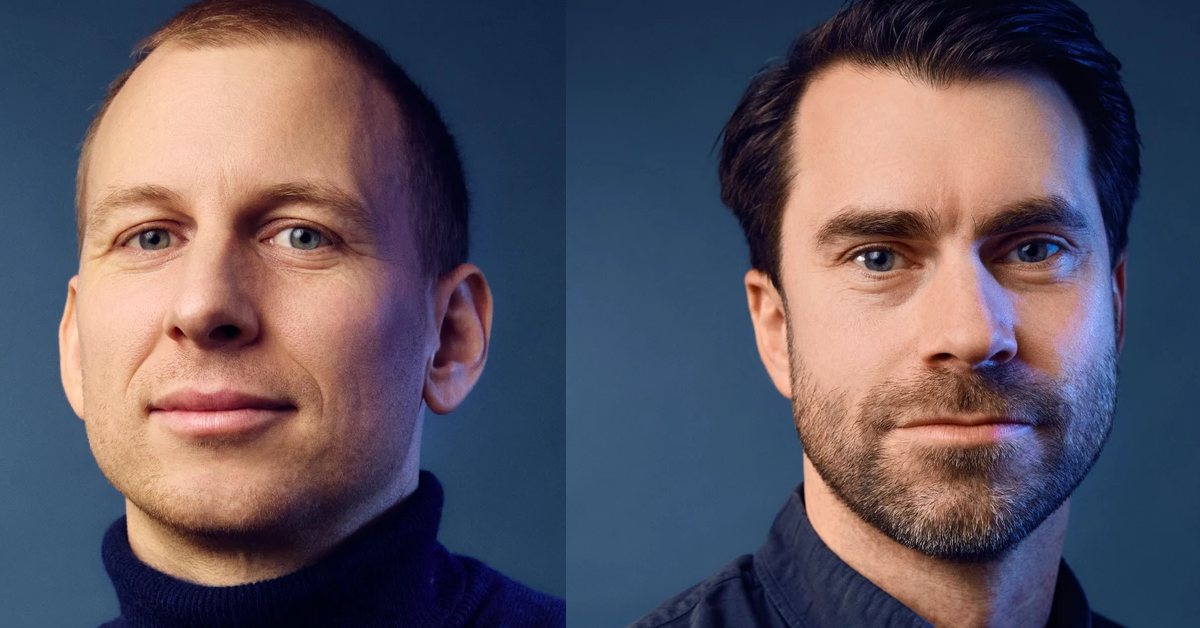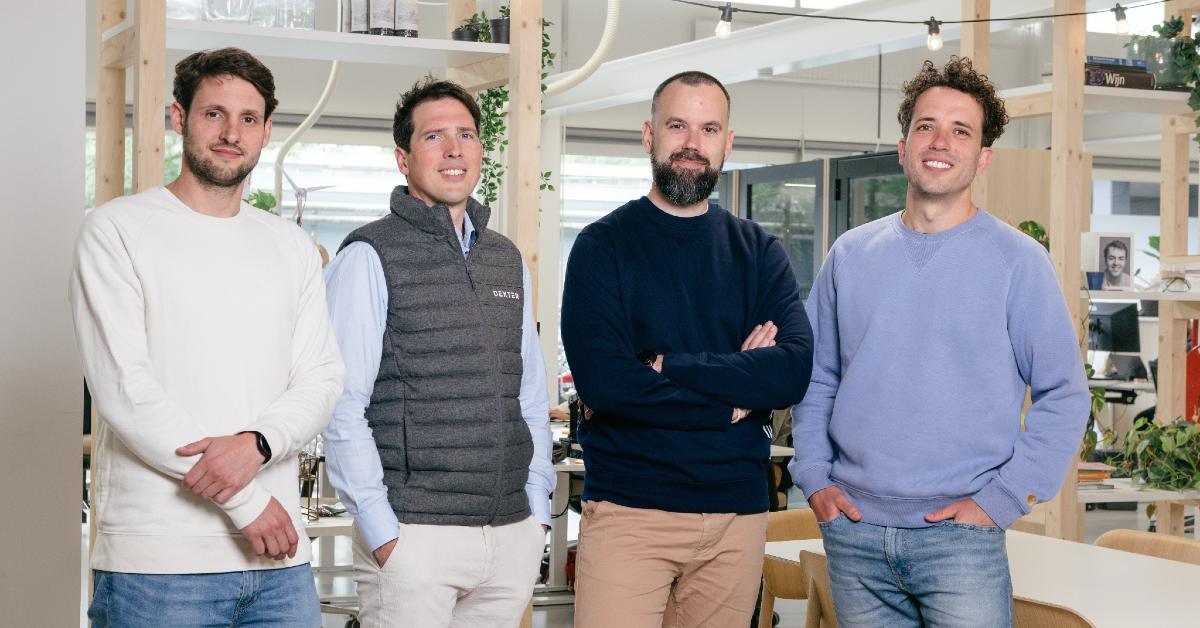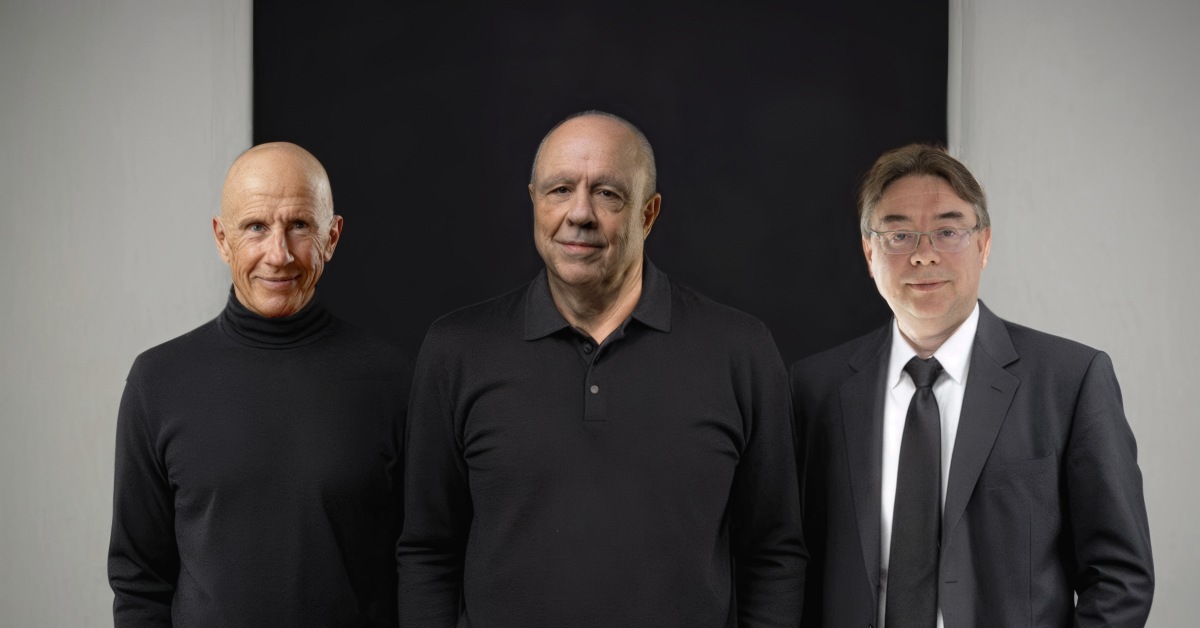For generations, businesses have relied on a line of credit to purchase goods from other businesses. This line of credit, also known as trade credit, had it’s serious test during the pandemic. While the pandemic forced companies to rethink how they conduct business, the worst impacted were the ones who tried to replicate the offline model for an online-first world.
This not only made business operations difficult but also made it difficult to secure credit. One startup wants to change this and it calls itself Biller. The Dutch startup founded by former Klarna and Mollie employees wants to make buy now pay later simpler for business-to-business transactions. Mick Gromotka, co-founder and in charge of product at Biller, explains the story.
BNPL – an untapped market for B2B commerce
Mick, Derek Vreeburg and Uwe van Rensburg got front row seats to the rapid evolution that payments have witnessed and how BNPL, in particular, has changed the way most people shop online. Mick tells Silicon Canals that the reason Biller wants to focus on the B2B market and not B2C market is because the B2B market remains ripe for innovation.
He also acknowledges that the consumer market is crowded where Klarna has cemented itself as the leader. He adds that the B2B market is also “widely underserved and has room for improvements”. While the opportunity to disrupt is higher in the B2B segment, the co-founders of Biller are honest about the fact that their experience from the B2C world shows how “good an experience can be when BNPL is done right”.
Mick argues that the B2B commerce market has lacked innovation for at least the past 10 years. With COVID-19 pandemic, Mick says they observed how businesses struggled to move online and how adopting current offline business practice for the offline world immediately cracked. While businesses struggled to deal with other businesses, consumers had no issue ordering their favourite products and selecting BNPL transactions.
With Biller, the startup is first throwing the idea of building processes for the offline market and then bringing it to the online world, a predominant practice in the B2B commerce market, into the trash.
Upside-Down Approach to Innovation
Biller is an interesting startup in Europe’s fintech space not because of the people or their target market but their upside-down approach to innovation. Often, companies deviate from their mission and fail to recognise the problem they are trying to solve in the first place. Mick explains the first thing that Biller wants to do for B2B commerce is to streamline the business practices and digitise them for the modern world.
He gives examples of how the B2B ecosystem is not as welcoming as the B2C ecosystem. It is quite common to see barriers thrown even when you try to enter a B2B virtual space. If a business does not have a barrier to entry then it will present you with mandatory registration, followed by a wait time of nearly two days before being approved to see the store. This, according to Mick Gromotka, makes a bad experience for conversion. These practices are also poor from an SEO perspective making it difficult to find these businesses on Google.
This slow process is mainly because of manual checks at every juncture and the manual invoicing process. Biller wants to make these processes dormant and get rid of the operational drain caused on businesses by this process. It all starts with an instant credit and fraud check, similar to one employed by the likes of Klarna in the consumer market. The one area where Biller differs is with its hyper personalised user experience combined with AI powered credit and fraud underwriting, allowing for dynamic credit limits.
While a traditional trade credit has a static limit and a fixed term, Biller will use its core technology built using real time data such as bank account and bookkeeping systems. This open banking method gives Biller the right information to help more businesses to instantly buy on invoice. On the basis of this platform, Biller will be able to keep learning about the businesses and offer an extended credit term if the business is “showing good payment behaviour”.
Mick also highlights how the “whole credit and fraud assessment will be complex” compared to the B2C BNPL market. Since there are multiple buyers and companies involved with different persons within the companies making the purchase, the B2B BNPL business that Biller is building will need even more efficient tools. For businesses, Biller will be useful with its ability to distinguish between how to communicate with different types of buyer representatives.
From sending SMS to sending a physical letter, Biller not only wants to speed up payments but do so without much interference from business owners or operators. In the end, Mick Gromotka and the Biller team want to make it easier for businesses of all sizes to get the best credit possible and eliminate the mindset that “traditional credit is tough to get for small and medium enterprises”.
AWS to power the ambition and innovation
“Alone we can do so little; together we can do so much”
This quote by Helen Keller best describes the mindset behind Biller team’s decision to choose AWS as its cloud partner. In our interview last month, OneWelcome CEO Danny de Vreeze explained how it is a no-brainer to go with Amazon Web Services for cloud services, especially for companies operating in the fintech space. Mick seconds that sentiment by saying that “AWS is a global leader in cloud services providing competitive pricing and a lot of services”.
As a Fintech startup, Mick says Biller wanted to champion stability and security from day one. He says, “Your company is nothing anymore if it is down or it can get hacked”. He says AWS offers a lot of flexibility with the provision to “add new instances”. One good example is a major shopping event like Black Friday. While businesses generally add more bandwidth to handle the influx of orders during the sale day, there are often companies working behind the scenes that also add more bandwidth before the sale goes live.
Mick explains that AWS executives are very sharp-sighted about these trends and they often provide support with adding more instances or scaling their platform during such events. Another area where AWS helps, according to Mick, is the opportunity to scale up really quickly. The fact that Mick and other founders of Biller have used AWS in their previous companies as well made it easier for them to select AWS.
As a startup, Mick says he values AWS’ support in the form of a dedicated account manager to talk to them and help them set things up and scale the operation financially. With little or no downtime, the ability to scale up quickly and a customer-centric approach, AWS is the partner that Biller thinks will lead them to revolutionise the B2B BNPL market faster.
Artificial Intelligence to transform business for good
It is not just AWS that Biller partnered in its journey to disrupt trade credit but it also found a unique partner in Slimmer AI. This Dutch B2B AI venture studio brings the expertise that Biller’s core team lacked when they started. Mick says when they started, they had expertise in “product, finance, and sales but none of them could code”. Mick, whom I found funny at times during the conversation, is humble enough to say that they would have got only an “email template ready by now” if they had decided to code themselves.
So, they decided to find a partner and connected with Slimmer AI, who had worked with Mollie previously. Biller built all the intellectual property and the core product while Slimmer AI helps with coding. Even with AI credit checks and fraud checks, Biller is using its own tech but Slimmer AI is helping behind the scenes with creating measurable impact and putting trust at the centre of their product.
Preparing for SEED funding
Biller is right now focused on closing the seed funding. They have a flexible timeframe but Mick says the goal is to close by the end of the year. While they do have some offers on the table, the founders are focused on using this seed funding to expand the team. Despite the industry it aims to disrupt, Biller is currently a team of only 14 people including the founders. Mick says Biller is hiring for positions such as Software Engineer, Senior Backend Engineer and the head count will go as high as 50 by the end of Q2 2022.
Mick also adds that Biller will need to invest heavily during the next year as it onboards businesses and expands its core product. BNPL has reached the nexus of conversation but the market for B2B is huge. There are not many players and Biller finds itself in a position that many would want to be. It has an agile team with core product expertise and a clear-eyed focus on disrupting the market.
While Klarna may be all the rage in the BNPL segment, Biller could potentially do the same in the B2B segment. It can offer innovative experiences to buyers and sellers that they haven’t previously experienced. The startup finds itself in the thick of businesses coming back from COVID and looking for either a fresh start or a whole new approach, Biller could cut the bill there and make this space “not that niche at all”.
Fintech Files Powered by AWS
In the new section Fintech Files, in collaboration with AWS, we are keeping tabs (pun intended) on the thriving fintech industry in the Benelux. Want to learn more about the benefits of the cloud, or talk to one of their experts? Visit AWS Startup Loft to register for the latest events, get free 1:1 support from AWS experts and discover more resources. Build and scale your (fintech) startup with $1,000 in AWS Activate credits, free tools, technical support and training to quickly get started with AWS. Learn more about AWS Startup Loft










01
From telecom veteran to Dutch Startup Visa success: The Jignesh Dave story